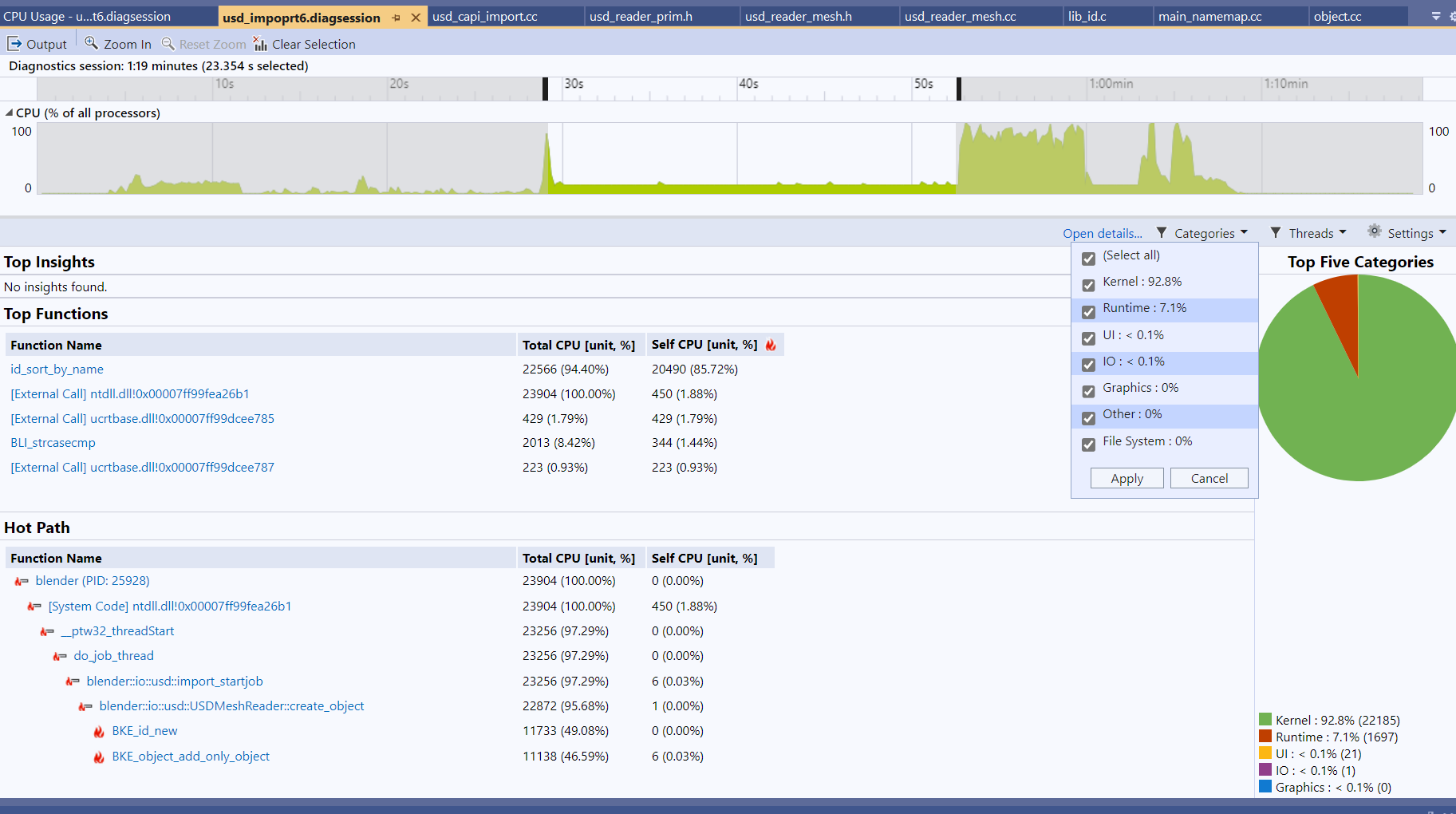Iranian Software Engineer's Online Odyssey: Sanctions and Censorship

An Iranian software engineer recounts his experiences with Microsoft deleting his app, Notion wiping his data, and other website bans due to sanctions. He emphasizes that these companies aren't malicious but are simply following the rules. However, he pleads for more empathy, urging consideration of the human impact of these regulations. He concludes by expressing his dissatisfaction with the current situation in Iran and supporting movements for freedom.
Read more